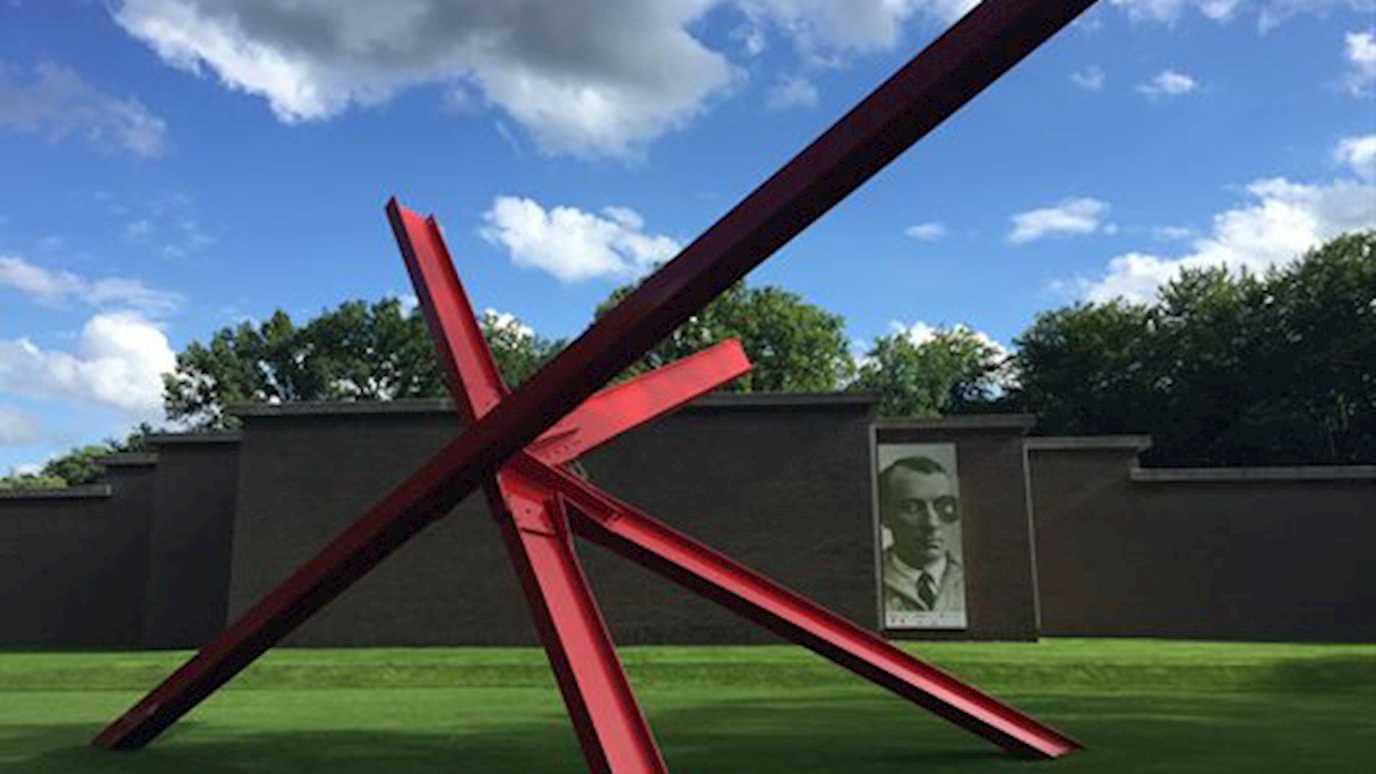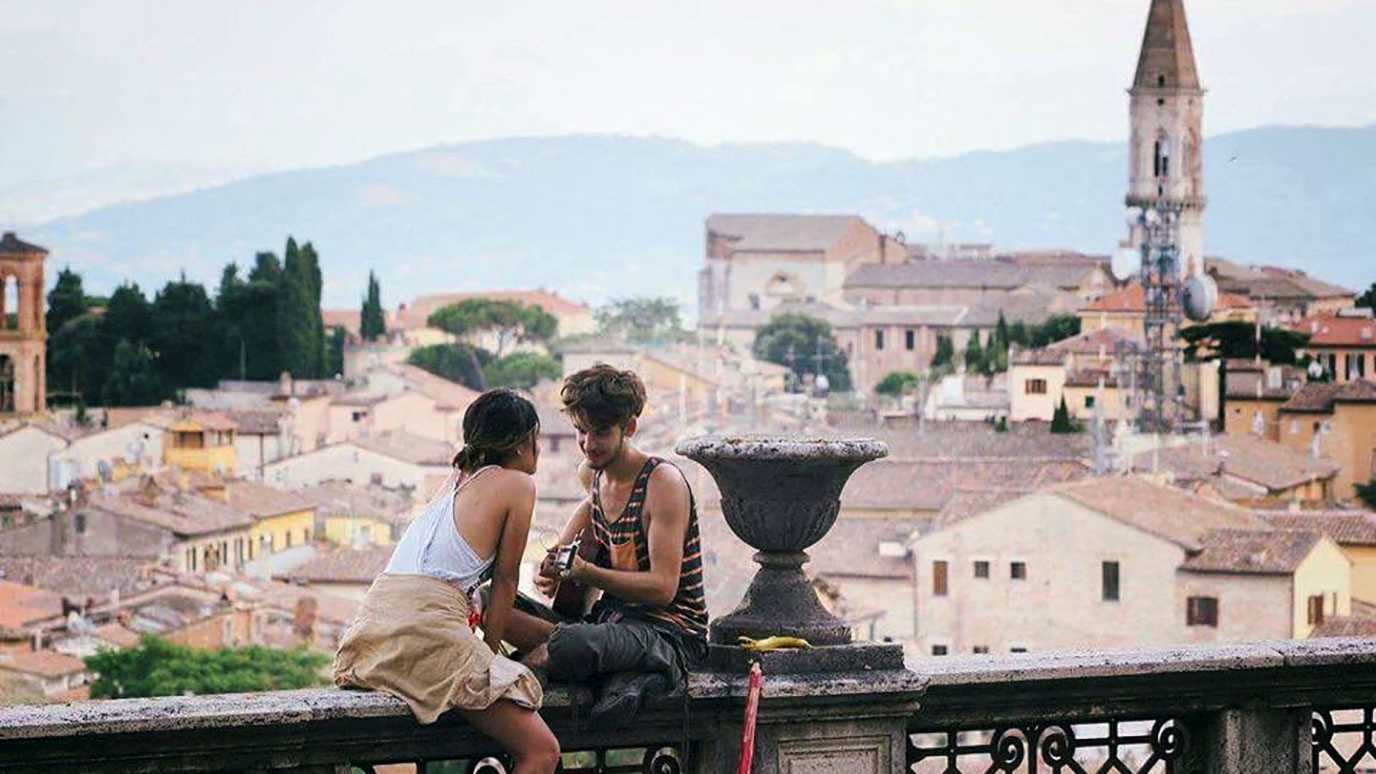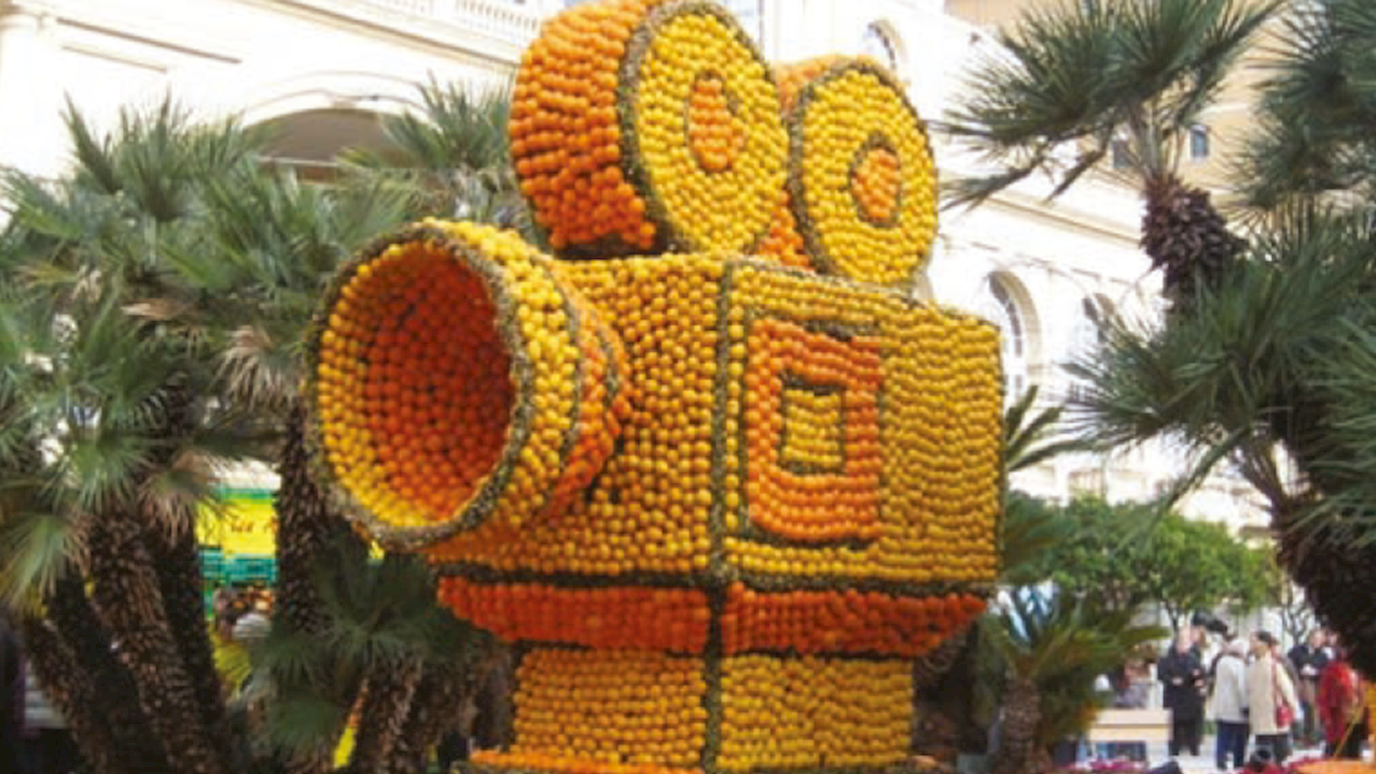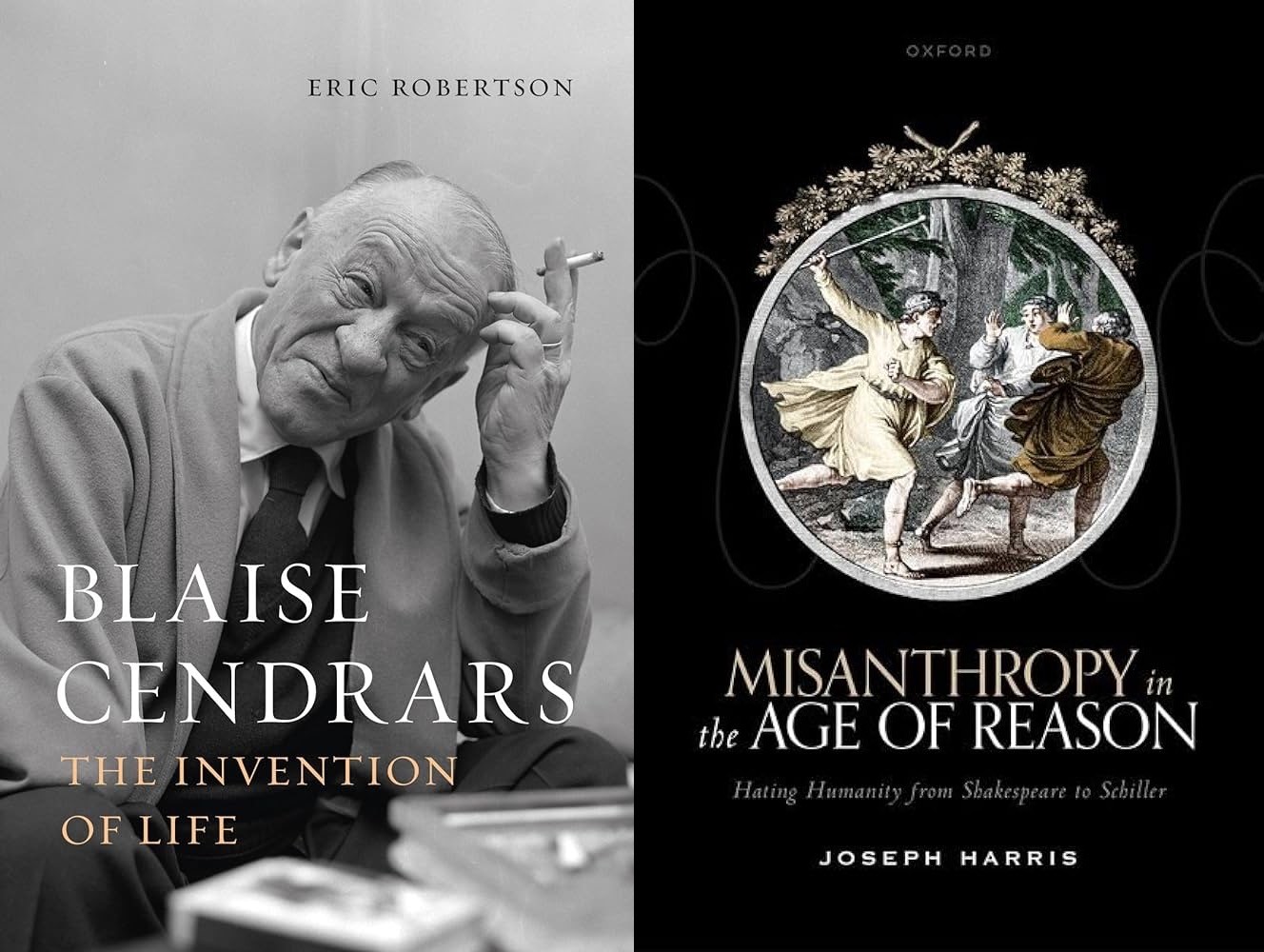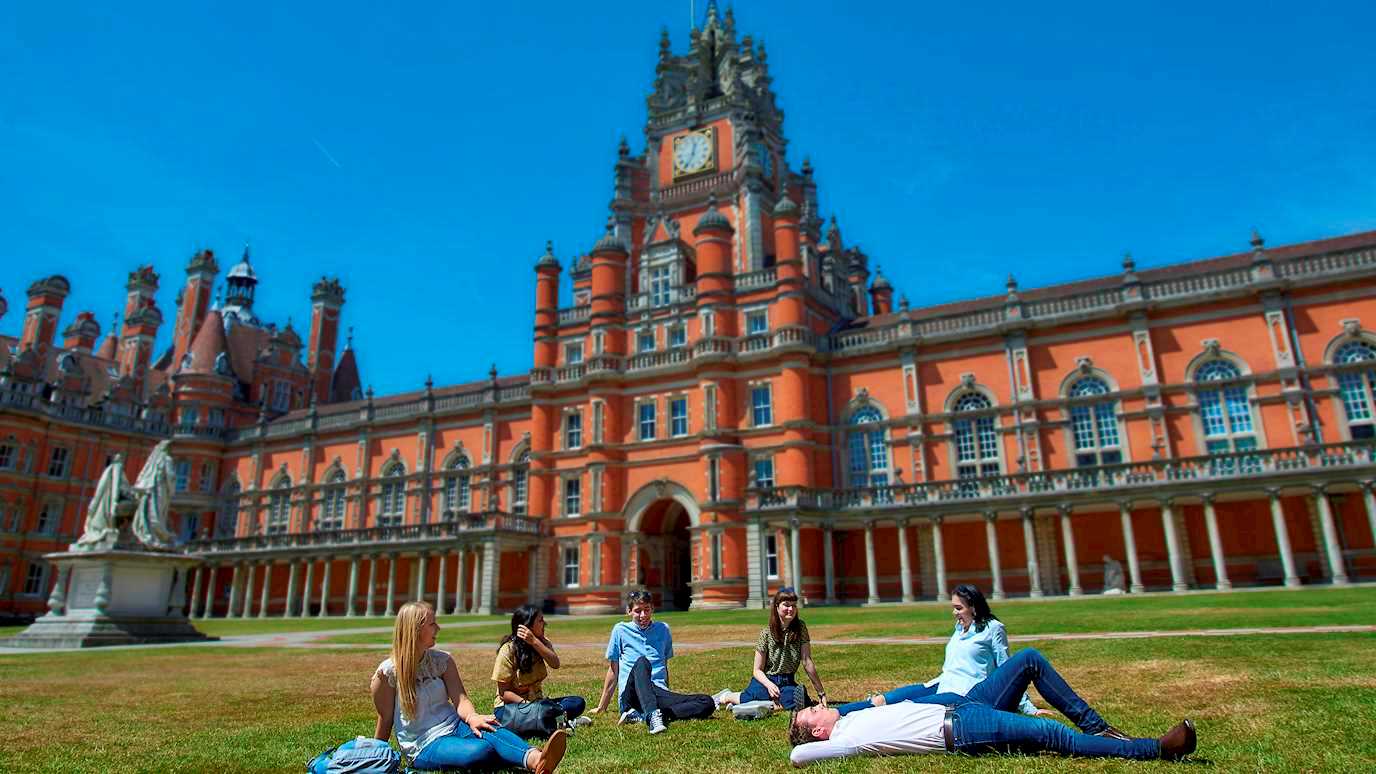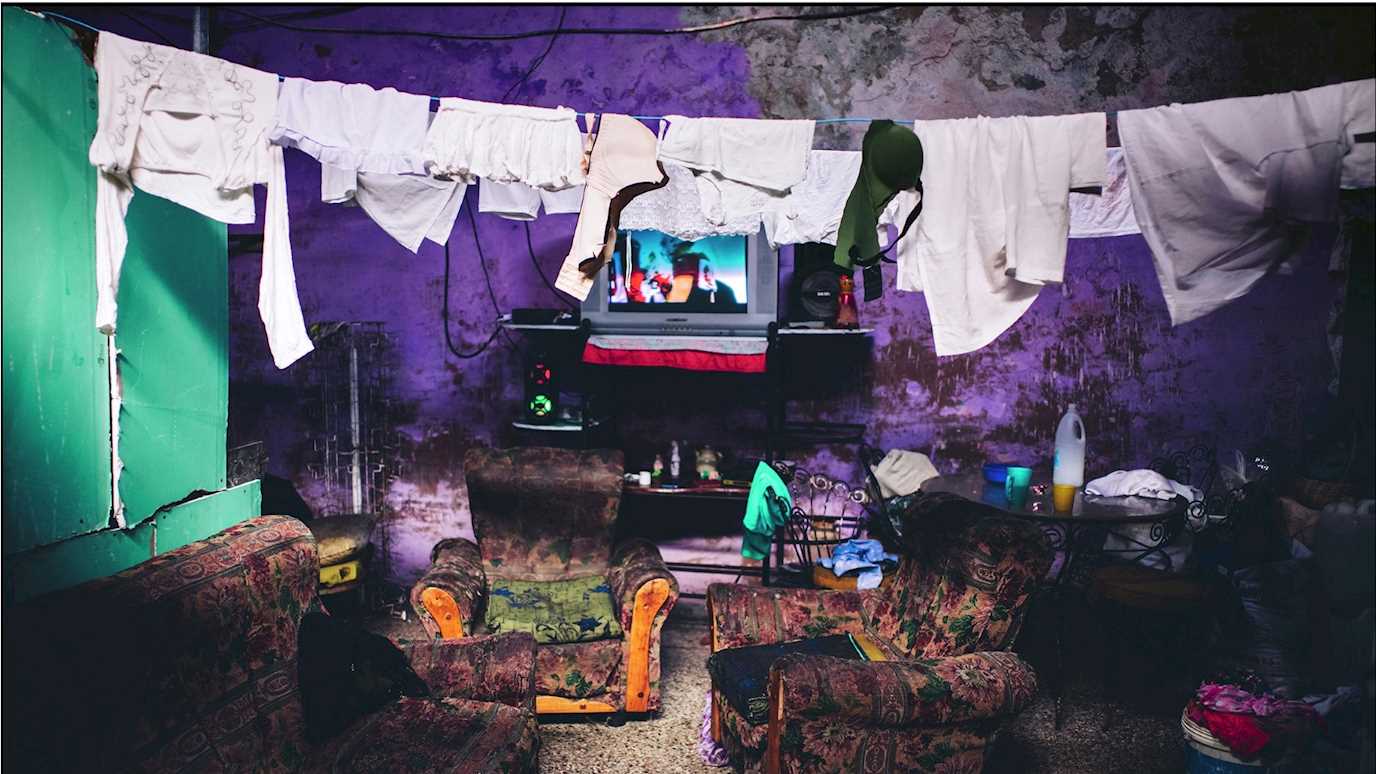This week sees the official launch of an international, collaborative online exhibition exploring the meanings and impacts of the COVID-19. The exhibition is hosted by the Centre for Visual Cultures and has been co-organised by Miriam Haddu, Senior Lecturer in Mexican Visual Culture in the Department of Languages Literatures and Cultures, and Francisco Mata Rosas (Universidad Autónoma Metropolitana). The exhibition will be open to the public and accessible online on 1 August, 2020.
Co-vi-da /ko ˈβida/ n [singular] cohabitation
With over two hundred images, a multimedia piece and aural testimonies, the COVIDA (covidexhibition.org) exhibition encapsulates the meanings behind the pandemic that has struck the world this year. A collaborative online photographic exhibition dealing with COVID-19, COVIDA invites reflections on what it means to be human when our sensory world is obstructed. When we live and breathe behind masks. What happens to us when we are confined to remain indoors and away from loved ones? How does the alienation affect our senses, our minds, our worlds? How do our cities and landscapes look when we remove the human element? Is this a cleansing experience or the beginning of a degeneration? COVIDA brings together the vision, words and sounds from artists across continents, in a moment of remarkable challenge, to share in the common experience of being human as we reflect on our own vulnerabilities and strengths.
Francisco Mata Rosas is a renowned Mexican photographer, photojournalist, and professor at the UAM. Mata Rosas’s work has been published in many international media outlets, including The New York Times, The Los Angeles Times, La Jornada, Milenio, Reforma, The Independent Magazine, Photography (London), and El Paseante (Spain).
For further details on his work see: http://www.franciscomata.com.mx/ and https://youtu.be/MHSo3aPfhM8
Miriam Haddu is Senior Lecturer in Mexican Visual Culture in the Dept of Languages Literatures and Cultures, at RHUL. She is member of the School of Humanities’ Centre for Visual Cultures. Haddu has published extensively in the field, including on Mexican film, documentary and photography. She has curated photographic exhibitions in the UK and in the US. Links to her previous curatorial work can be found here: https://asuartmuseum.asu.edu/content/araceli-herrera-mexico-through-lens and https://www.newstatesman.com/node/160815
This event has received sponsorship from HARI (Humanities and Arts Research Institute) and the Dept of Languages, Literatures and Cultures (Humanities), for which the organisers are grateful.










